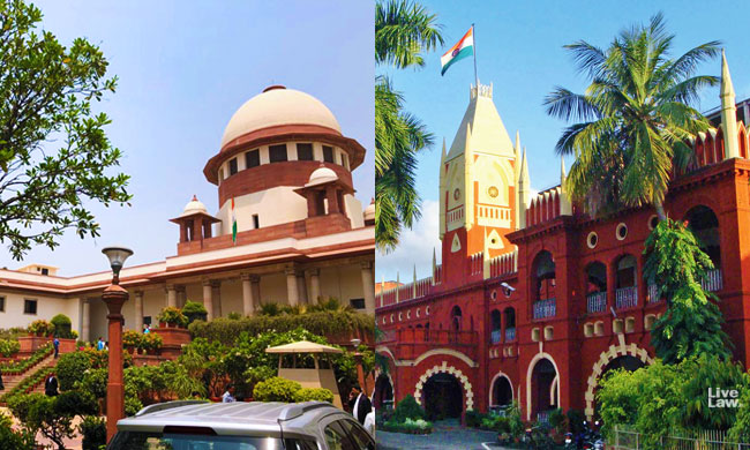The Supreme Court Advocates-on-Record Association and Orissa High Court Bar Association have locked horns on the issue of elevation of 'outsider' lawyers as Judges of the Orissa High Court. Today, the Supreme Court AoR Association has passed a resolution requesting the Supreme Court to send a serious message to all High Courts not to accede to unreasonable resolutions like the one...

